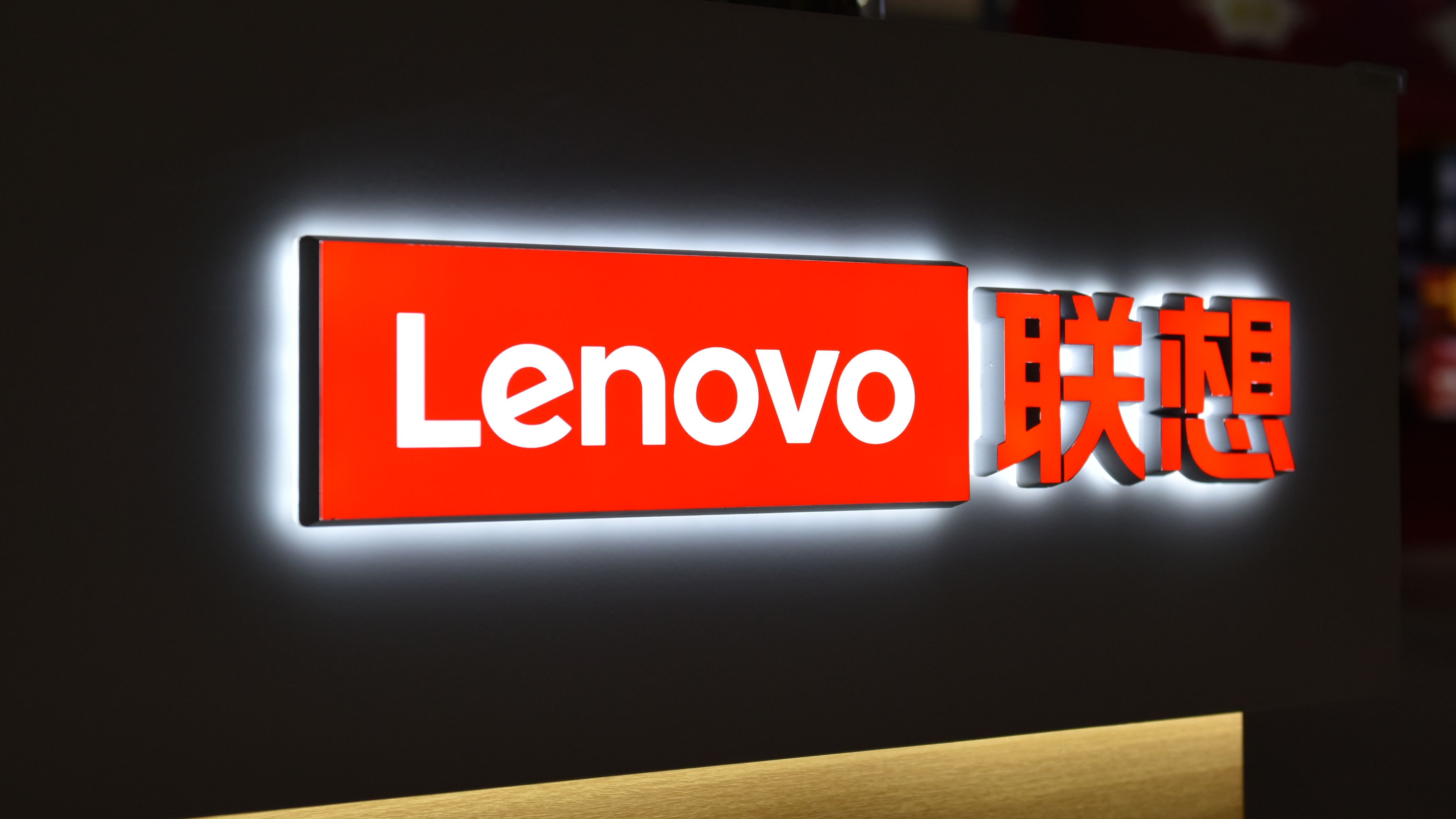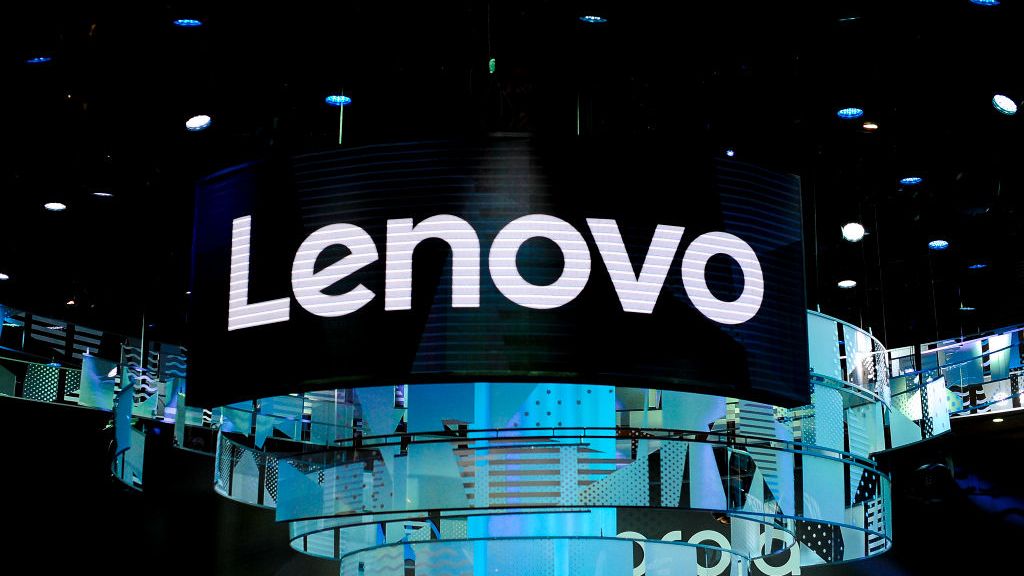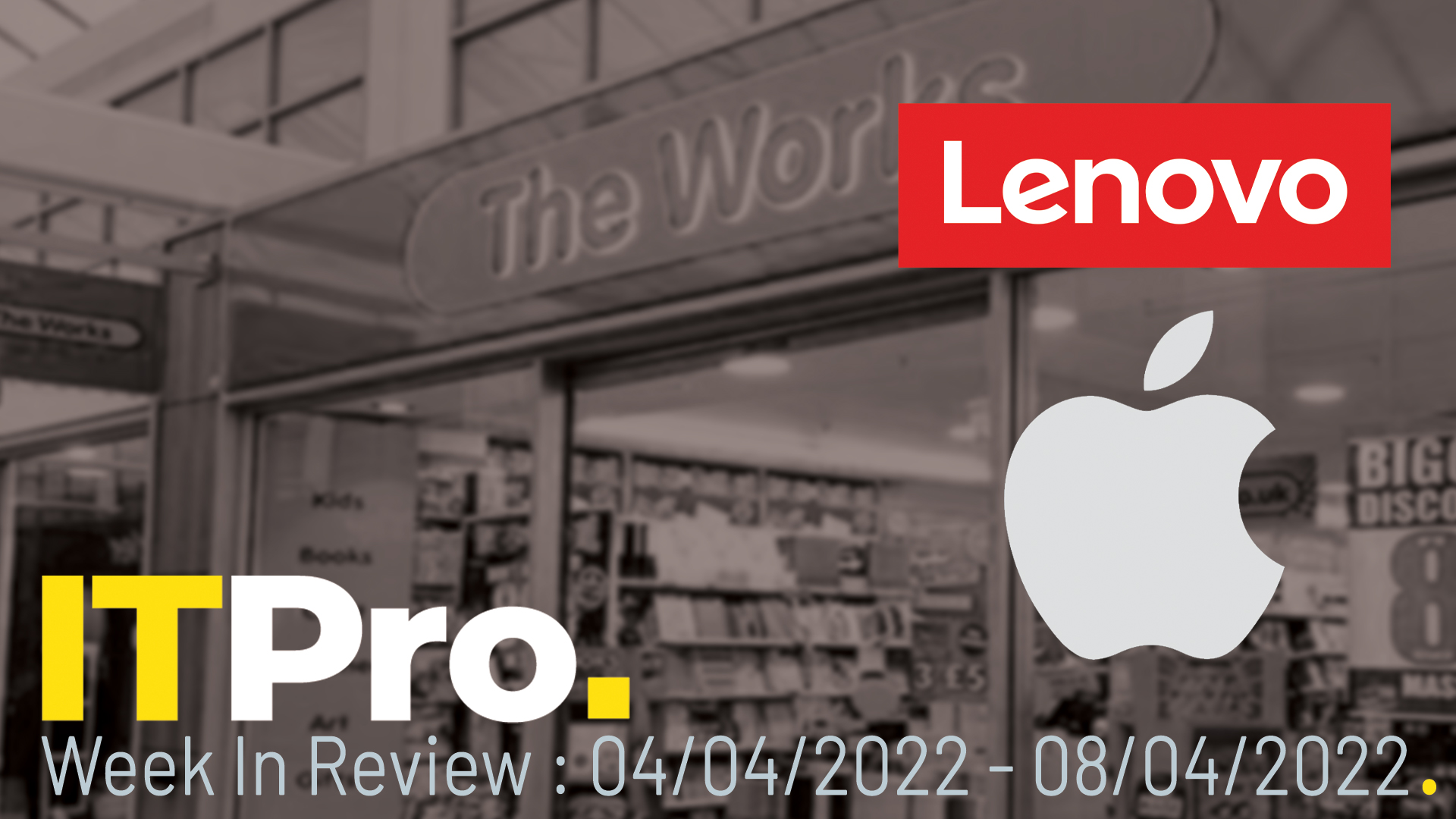First IBM, then Motorola: The great Lenovo shopping spree
Chinese PC maker follows up purchase of IBM's x86 server division with a deal to take Motorola off Google's hands.

Inside the enterprise: As shopping sprees go, it's up there with the big ones. In the space of just a week Lenovo, the Chinese computer company, has spent a cool $5.21bn (3.15bn).
For the cash, Lenovo first bought IBM's low-end, x86-based server business, for $2.3bn. It has now topped that by agreeing to buy Motorola Mobility from Google for a further $2.91bn. This is the consumer handset arm of Motorola, which the search giant acquired for $12.5bn in 2012, with the stated aim of "strengthening the Android ecosystem".
According to the Financial Times, Motorola Mobility lost $645m in the first nine months of its last financial year, although Google also acquired a large number of Motorola patents some 17,000 of which 2,000 will now be owned by Lenovo.
Google had already divested part of the Motorola business, the set-top box operation, for $2.6bn, so Google's paper loss on the Motorola deal is not as large as it might appear at first glance.
What is interesting is the way the deal draws a line under at least one Google goal: to build a hardware business. Recent Android-based Motorola handsets have been a success.
But concerns remained among other device makers about Google's role as both the owner of Motorola Mobility and guardian of Android. Perhaps those fears limited how far Google could push Motorola.
Certainly, Google held back from using its own hardware subsidiary to make its flagship Nexus range: the Nexus 5 phone was developed with LG, and the Nexus 7 tablet with ASUS. That suggests a degree of sensitivity towards the wider Android community.
Get the ITPro daily newsletter
Sign up today and you will receive a free copy of our Future Focus 2025 report - the leading guidance on AI, cybersecurity and other IT challenges as per 700+ senior executives
As part of Lenovo, Motorola will be free of any such shackles: it will be just another Android OEM. Lenovo, for its part, is already a significant player in the Android device market, even if those devices produce most of their sales in China and other Asian markets. The Motorola brand could well give Lenovo a way to extend its handset (and tablet) reach into Europe, and especially, North America.
And as interesting, perhaps, is what the recent deals say about the scale of Lenovo's ambition. The company is already the world's number one PC maker, and makes good use of the Thinkpad brand it licensed from IBM, as part of its deal to buy the IBM PC business.
Lenovo also has an industry-standard (x86) server business, and has long said it wanted to grow that too, particularly overseas. Buying the IBM x86 server business makes logical sense; for IBM and Lenovo, it is less the consummation of their 2005 PC-business marriage, but a renewal of the vows.
Selling the x86 server business may have taken longer than expected but it allows IBM to focus on the higher end, higher-margin hardware businesses, as well as services and the cloud. But it would be wrong to think Lenovo doesn't have higher-powered systems in it sights too.
With a bolstered handset, personal computing and now server business, Lenovo is already a force to be reckoned with. And it, too, must be looking at the higher margins from services with keen interest.
Stephen Pritchard is a contributing editor at IT Pro.
-
 AI is helping bad bots take over the internet
AI is helping bad bots take over the internetNews Automated bot traffic has surpassed human activity for the first time in a decade, according to Imperva
By Bobby Hellard
-
 Two years on from its Series B round, Hack the Box is targeting further growth
Two years on from its Series B round, Hack the Box is targeting further growthNews Hack the Box has grown significantly in the last two years, and it shows no signs of slowing down
By Ross Kelly
-
 Lenovo: Enterprises aren't ready to take advantage of AI productivity gains
Lenovo: Enterprises aren't ready to take advantage of AI productivity gainsNews Survey by Lenovo reveals concerns about AI readiness among tech leaders at their own employers
By Nicole Kobie
-
 Three trends IT channel leaders should look out for in 2024 and beyond
Three trends IT channel leaders should look out for in 2024 and beyondIndustry Insight From artificial intelligence to edge computing and the necessity of multi-cloud, IT channel leaders will face a year of change in 2024
By Ralf Jordan
-
 Global PC shipment decline continues as Apple, Lenovo feel the pinch
Global PC shipment decline continues as Apple, Lenovo feel the pinchNews Apple, Lenovo, Dell, and ASUS all experienced a significant dip in device shipments during Q1 2023
By Ross Kelly
-
 Lenovo to launch 24/7 business hardware support and slew of new ThinkPads
Lenovo to launch 24/7 business hardware support and slew of new ThinkPadsNews Lenovo Premier Support Plus aims to provide maintenance services at rapid speed, while device launches cater to the hybrid work crowd
By Zach Marzouk
-
 Lenovo expands its Evolve Small support initiative to cover all minority-led SMBs
Lenovo expands its Evolve Small support initiative to cover all minority-led SMBsNews The initiative is aimed at reinvigorating small businesses affected by the COVID-19 pandemic
By Praharsha Anand
-
 PC sales slow in 2022 after pandemic recovery begins
PC sales slow in 2022 after pandemic recovery beginsNews However, this doesn’t mean the industry is in a downward spiral, said IDC
By Zach Marzouk
-
 IT Pro News In Review: The Works cyber attack, Lenovo recruitment drive, old macOS vulnerabilities
IT Pro News In Review: The Works cyber attack, Lenovo recruitment drive, old macOS vulnerabilitiesVideo Catch up on the biggest headlines of the week in just two minutes
By IT Pro
-
 Lenovo unveils new suite of edge-to-cloud solutions for midsize companies
Lenovo unveils new suite of edge-to-cloud solutions for midsize companiesNews The new IT infrastructure products and services complement remote work and hybrid cloud environments
By Praharsha Anand